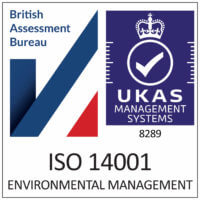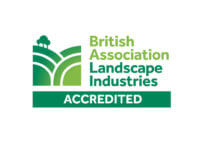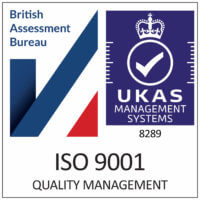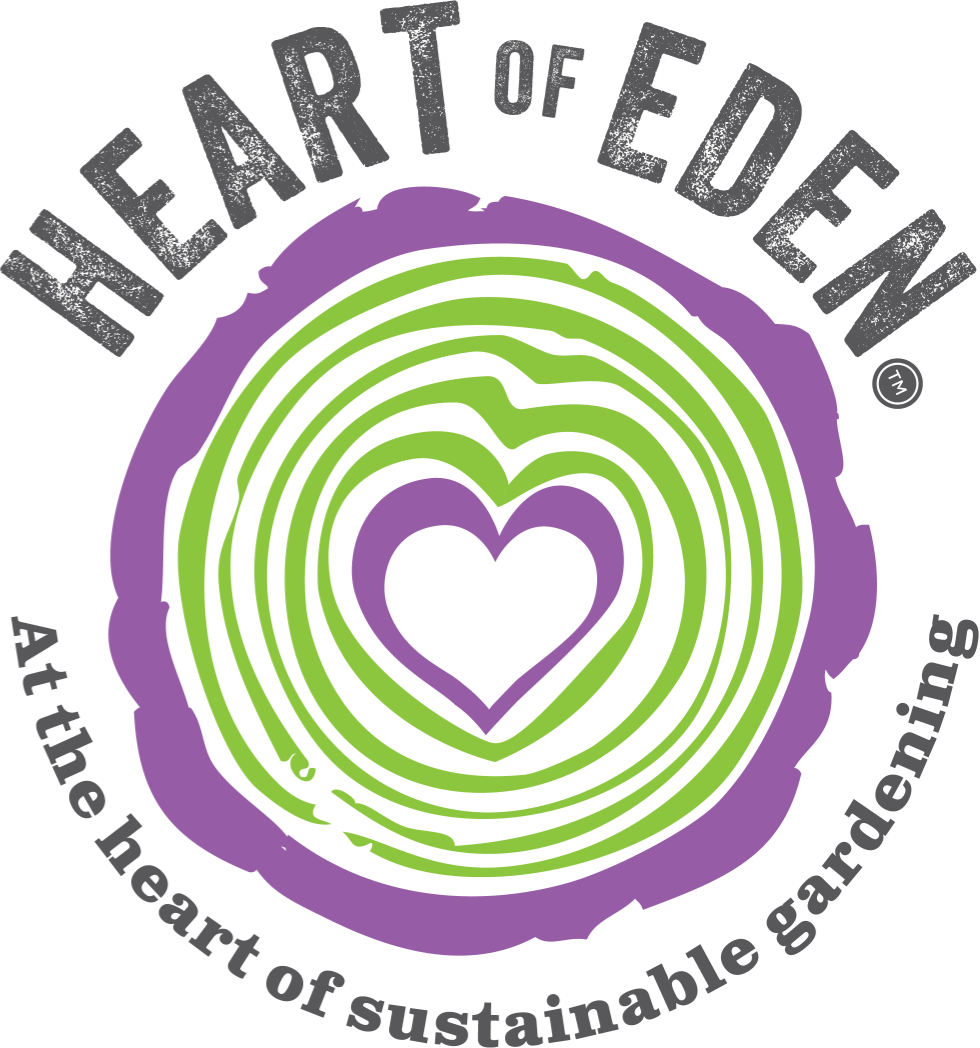Can you use peat-free all-purpose compost for seed starting?
Oct 10th 2023
So you’ve decided to try your hand at seed starting, but you’re unsure about the best compost to use. Well, if you’re looking for an environmentally-friendly option, then peat-free all-purpose compost might be just what you need. This versatile compost not only helps your seeds germinate and grow, but it’s also kind to the planet. In this article, we’ll explore the benefits of using peat-free all-purpose compost for seed starting and discover why it’s a great choice for both novice and experienced gardeners alike.
Introduction
Welcome to the world of gardening! If you’re here, chances are you’re interested in starting your own seeds and nurturing them into beautiful plants. One important decision you’ll need to make is choosing the right compost for your seed starting journey. In this article, we’ll explore the realm of peat-free all-purpose compost and its suitability for seed starting. We’ll delve into its benefits, compare it to traditional composts, and provide some handy tips to ensure successful seed starting. So, sit back, relax, and let’s dive into the world of peat-free all-purpose compost for seed starting!
Understanding Peat-Free All-Purpose Compost
What is peat-free all-purpose compost?
Peat-free all-purpose compost, as the name suggests, is a type of compost that is devoid of peat. Peat, which is derived from ancient decomposed plant material, has traditionally been a mainstay in gardening and composting. However, due to environmental concerns and the need to preserve delicate ecosystems, peat-free composts have gained popularity. These composts are typically made from a blend of organic materials.
How is it different from traditional compost?
The main difference between peat-free all-purpose compost and traditional compost lies in the absence of peat. Traditional composts often contain a significant proportion of peat, which has excellent water- and nutrient-holding capabilities. Peat-free composts, on the other hand, rely on alternative organic materials to provide similar benefits. While traditional composts have been widely used for seed starting, many gardeners are now opting for peat-free alternatives due to their environmental benefits.
Benefits of using peat-free all-purpose compost
Using peat-free all-purpose compost comes with several benefits. First and foremost, it helps reduce the demand for peat extraction, which is crucial for protecting sensitive ecosystems like peat bogs. Peat bogs are home to unique plant and animal species and play a significant role in carbon sequestration. By opting for peat-free compost, you contribute to preserving these precious habitats.
Additionally, peat-free composts are often more sustainable and eco-friendly. They are typically made from recycled organic materials, reducing waste and promoting a circular economy. Peat extraction, on the other hand, is non-renewable and can lead to habitat destruction.
Peat-free all-purpose compost is also known for its excellent drainage properties, ensuring that your seeds don’t become waterlogged. It is usually pH-neutral, making it suitable for a wide range of plants. Plus, it provides a good balance of air circulation and moisture retention, promoting healthy root growth and reducing the risk of diseases.
Seed Starting Basics
Why is seed starting important?
Seed starting is an essential step in gardening as it allows you to have control over the entire growing process, right from the very beginning. By starting seeds indoors, you can extend the growing season, giving your plants a head start before the weather becomes suitable for outdoor cultivation. Moreover, starting seeds allows you to choose from a wider variety of plants, including heirloom and rare species, which may not be readily available as seedlings.
Essential conditions for successful seed starting
Successful seed starting requires careful attention to a few key factors. Firstly, providing the right amount of light is crucial. Seeds need adequate light to germinate and grow into healthy seedlings. Secondly, maintaining the appropriate temperature is essential. Most seeds require a specific temperature range for successful germination, so it’s important to understand each seed’s individual needs. Lastly, proper moisture levels are vital. Seeds need consistent moisture to germinate but should not be waterlogged, as this can lead to rot or fungal infections.
Choosing the right compost for seed starting
Choosing the right compost for seed starting plays a crucial role in providing your seeds with the nutrients they need to grow into strong and healthy plants. Peat-free all-purpose compost is a popular choice for seed starting due to its balanced nutrient content and good drainage properties.
Peat-Free All-Purpose Compost for Seed Starting
Suitability of peat-free all-purpose compost for seed starting
Peat-free all-purpose compost is highly suitable for seed starting. Its balanced texture, moisture retention capabilities, and nutrient content provide an ideal environment for seeds to germinate and grow. It is a versatile option that can be used for a wide range of seeds, including vegetables, herbs, and flowers. Peat-free compost is particularly beneficial for environmentally-conscious gardeners who want to reduce their impact on peat bogs and promote sustainable gardening practices.
Advantages of using peat-free compost for seed starting
Using peat-free compost for seed starting offers several advantages. Firstly, it helps minimize the depletion of peat resources, preserving delicate ecosystems and their biodiversity. Additionally, peat-free composts are often more sustainable and eco-friendly, as they are made from recycled and renewable organic materials. They also tend to have better drainage properties compared to peat-based composts, reducing the risk of overwatering and root diseases.
Peat-free composts are typically pH-neutral, making them suitable for a wide variety of plants. This versatility allows you to use the same compost for all your seedlings, simplifying the seed starting process.
Tips for Successful Seed Starting with Peat-Free All-Purpose Compost
Ensuring proper moisture retention
Consistent moisture levels are vital for successful seed starting. Peat-free composts, with their good drainage properties, can help prevent waterlogging but may require additional attention to ensure proper moisture retention. Regularly check your seeds and seedlings to ensure they are adequately moistened, but avoid overwatering, as this can lead to rot or fungal infections. Consider using a spray bottle or mister for gentle and controlled watering.
Adding amendments to improve nutrient content
While peat-free all-purpose composts generally have good nutrient content, it’s always beneficial to boost their nutritional value, especially for nutrient-demanding seedlings. You can enhance the nutrient content by incorporating organic matter such as composted manure, worm castings, or well-balanced organic fertilizer. Follow the recommended application rates for the amendments and ensure they are thoroughly mixed with the compost to provide an even distribution of nutrients.
Managing temperature and light conditions
Proper temperature and light conditions are essential for successful seed starting. Different plant species have varying temperature requirements for germination. Ensure that your seed trays or pots are placed in a warm location, ideally between 65-75°F (18-24°C), to encourage germination. Additionally, provide adequate light to your seeds by placing them under grow lights or in a sunny location. A timer can be helpful in ensuring consistent lighting duration. Monitor the temperature and light levels regularly to make any necessary adjustments.
Transplanting seedlings from peat-free compost
Once your seedlings have developed strong roots and multiple true leaves, they are ready to be transplanted into larger containers or directly into the garden. Prepare the new containers with fresh peat-free all-purpose compost, ensuring proper drainage. Gently remove the seedlings from their original pots by holding the leaves, not the delicate stems. Place each seedling into the new container, firm the compost gently around the roots, and water thoroughly. Allow the seedlings to adjust to their new environment and continue to care for them according to their specific needs.
Recommended Seed Types for Peat-Free All-Purpose Compost
Vegetable seeds suitable for peat-free all-purpose compost
Peat-free all-purpose compost is suitable for a wide range of vegetable seeds. Popular choices include tomatoes, peppers, cucumbers, lettuce, kale, and spinach. These plants generally thrive in well-draining composts, making peat-free alternatives ideal.
Herb seeds suitable for peat-free all-purpose compost
Herb seeds are well-suited for peat-free all-purpose compost, providing the necessary drainage and nutrient balance for successful germination. Common herbs like basil, parsley, cilantro, and mint can all be started in peat-free compost.
Flower seeds suitable for peat-free all-purpose compost
Peat-free all-purpose compost is suitable for a diverse range of flower seeds. Popular choices include marigolds, petunias, zinnias, pansies, and sunflowers. These flowers generally prefer moist but well-draining growing mediums, making peat-free compost an excellent option.
Environmentally-Friendly Alternatives to Peat-Based Compost
Why should we reduce the use of peat in gardening?
Reducing the use of peat in gardening is crucial to protect delicate ecosystems such as peat bogs. Peat bogs play a vital role in carbon sequestration, helping mitigate climate change. The extraction of peat for gardening purposes releases stored carbon back into the atmosphere, contributing to greenhouse gas emissions. Additionally, peat bogs are home to unique plant and animal species, and their destruction can lead to a loss of biodiversity.
Exploring eco-friendly alternatives to peat-based compost
Fortunately, there are several eco-friendly alternatives to peat-based compost that gardeners can embrace. Peat-free all-purpose compost, made from organic and recycled materials, is an excellent substitute.
Benefits of transitioning to peat-free compost
Transitioning to peat-free compost offers numerous benefits. As mentioned earlier, it helps preserve delicate ecosystems, reduce carbon emissions, and protect biodiversity. Peat-free composts are often more sustainable and promote a circular economy by utilizing recycled organic materials. Furthermore, they provide excellent drainage, balanced texture, and optimal nutrient levels for plant growth. By making the switch to peat-free compost, you contribute to a healthier planet while still ensuring successful seed starting and gardening.
Conclusion
In conclusion, peat-free all-purpose compost is a fantastic option for seed starting. Its environmental benefits, versatile nature, and suitability for a wide range of plants make it an excellent choice for conscientious gardeners. By selecting a high-quality peat-free compost, ensuring proper moisture retention, and managing temperature and light conditions, you can give your seeds the best possible start. So, embrace the world of peat-free all-purpose compost and watch your seedlings flourish into vibrant, healthy plants. Happy gardening!






